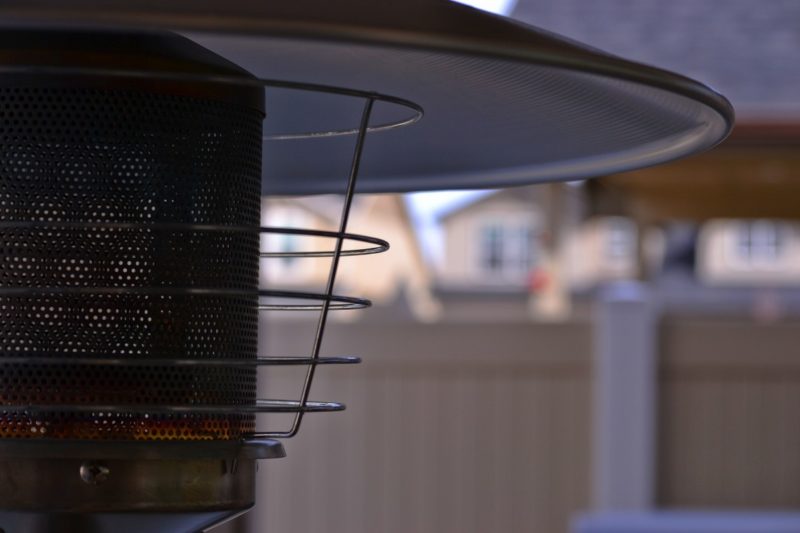Suppose the day is a bit cold, so you open your heating system, but you find out it’s not working so you ask yourself: why wont my heater turn on in my house? This experience can be very frustrating and can be attributed to various reasons. Although modern residential and commercial heating systems provide excellent reliability and sophistication, problems can still occur.
If these issues are neglected, it can threaten both the comfort and safety of you and your family. You will be left to endure the cold during winter. Fortunately, you can do some ways to prevent the heater from kicking on. Furthermore, if something unexpected happens, you can address it if you know the root of the issue. This post will walk you through the common causes of why a heater won’t work. Keep reading!

Common Reasons Why Won’t A Heater Turn on
I have been through the same experience a couple of times before. I wondered: why wont my heater turn on in my house. So I did my research. Here’s what I have found out!
#1. Poor maintenance
The most common reason a heater stops working is the lack of maintenance. It is possible that it was long ago before your last tune-up. So most often than not, the issue with your heating unit is simply the dirt accumulated in it. For instance, if the blower is dirty, it can cause the heater to fail. The heater exchanger of the system will not work unless there is enough amount of air circulating so that it will not overheat. Simply put, a dirty blower will cause it to fail.
If the air filters are dirty, it can also cause the heater to stop working. That is because the filters will restrict airflow, which can make the existing issue even worse, especially when the duct size is wrong. For that reason, experts recommend that you replace the filters every quarter. Without regular maintenance, the flame sensor of your unit can also become dirty, which makes it hard to light the burners. But at times, the burner itself is dirty, so it will not work correctly. To avoid any of the issues above, contact a technician for your yearly tuning. It is worth the investment to maintain your heater regularly because you will save yourself from future inconveniences when the heater breaks down.
#2. Too low refrigerant levels
If you use a water heater, its refrigerant level may become too low, so its heat strips will come on frequently. This, in turn, will cause a significant increase in your utility bills. If the level of refrigerant is left low for too long, the compressor can break down and overheat. With that being said, you have to recharge the refrigerant when its heat strips frequently come on. You will incur a lesser cost for the recharge or fix of leaks than replacing the compressor.
#3. Dead blower capacitator
A blower capacitator looks like a battery, but it is bigger. This is the one that is starting the furnace when you set the thermostat. All capacitors have tolerance levels. If its tolerance level is lower than specified, the blower won’t achieve the right RPM. So if you have a dead or dying capacitator, the blower will not start. The simplest solution to this is a replacement.
#4. Thermostat issues
Another issue may be associated with the thermostat, which is not turning the heat on. The usual root of this issue is the malfunctioning thermostat. It can also happen when you set it improperly. A thermostat is designed for heat regulation. Most modern thermostats are reliable and will require less of a hassle servicing. But through time, some problems may occur that either involves replacement or repair.
Suppose you discovered that there is a problem with your thermostat. You can consider those programmable options when finding a replacement. This will allow you to choose varying temperatures for different times of the week, night, and day. With this feature, it is more efficient than its non-programmable counterparts. In some cases, you may have programmed your thermostat incorrectly. You might also have reprogrammed it inadvertently. Whatever the case may be, check the thermostat first and ensure that you have indeed set it correctly before you call a technician.
#5. Faulty ductwork design or installation
Maybe the problem is not the heater but its ductwork. You need to ensure that it is appropriately designed. Also, check the installation. Some installers would cut their corners when sizing or installing the ducts. Poor installation would lead to airflow issues throughout the house. The heater will probably cycle often, which will cause it to overheat or even break down. This will require repair and redesigning of the ductwork. You may also be interested to know about institutional convector heaters.
It’s A Wrap!
You may encounter various problems with your heater. Of course, you would want to know the answer to the question: why wont my heater turn on in my house to address the problem right away. Otherwise, it will provide no heat to your family, which can lead to illness and discomfort. The final resort should be calling an experienced technician. Click on these links to read related articles; know how to clean a wall heater and where to place a space heater.
